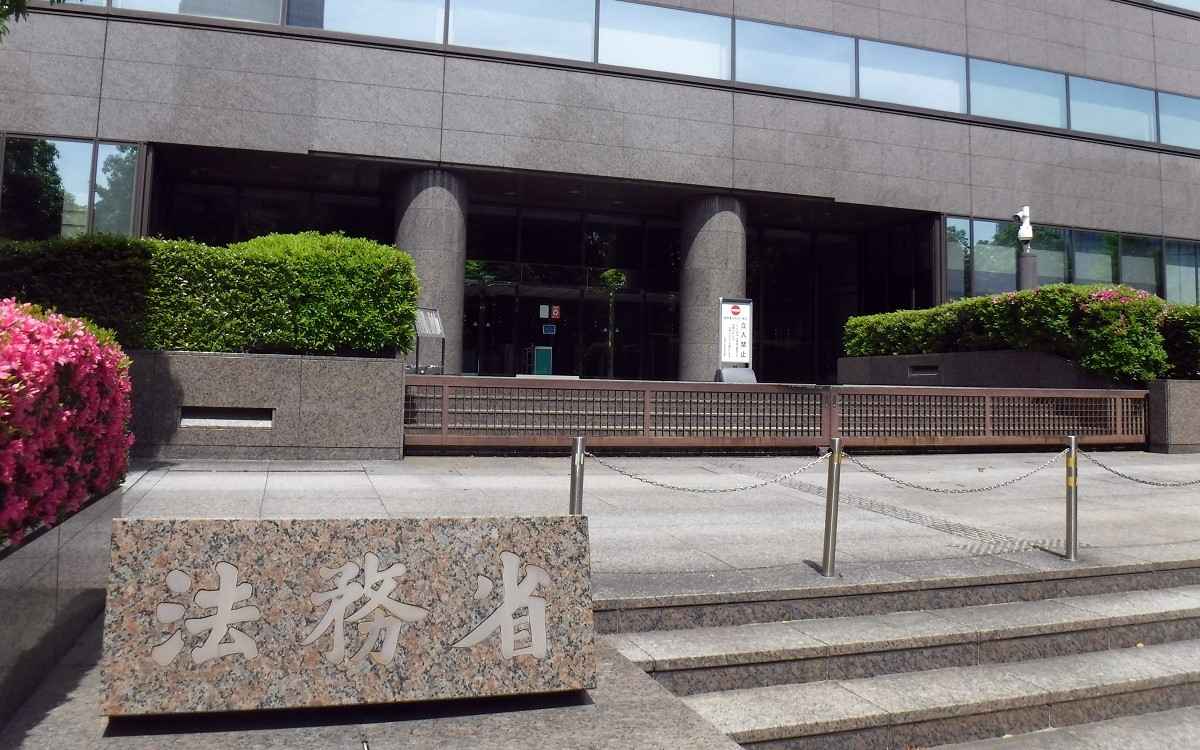Hama Sushi, a prominent conveyor-belt sushi chain, has taken legal action against its rival, Kappa Sushi, and Kappa’s former president for alleged illegal trade secret leakage. The parent company of Hama-sushi Co., Zensho Holdings Co., has filed a lawsuit in the Tokyo District Court, seeking ¥500 million in damages from Kappa Create Co., ex-president Koki Tanabe, and another entity.
The lawsuit comes in the wake of Kappa Create Co. being under trial for violating the Unfair Competition Prevention Law, with Tanabe already being found guilty of the offense. Zensho Holdings Co. alleges that Tanabe, who previously held an executive position at Zensho before moving to Kappa, illicitly obtained trade secrets, including cost data and an earnings statement, from Hama Sushi and shared them within Kappa. As a result, Zensho claims to have incurred losses exceeding ¥6.3 billion and is seeking ¥500 million in damages while also demanding the destruction of the leaked information.
Kappa Create Co. stated that it is unable to comment on the lawsuit as it has not yet received the formal complaint.
The legal dispute between the two major conveyor-belt sushi chains exemplifies the fierce competition and the high stakes in the Japanese restaurant industry. The alleged unauthorized sharing of trade secrets highlights the cutthroat nature of the rivalry between Hama Sushi and Kappa Sushi, both of which are popular among diners.
The lawsuit raises questions about the protection of intellectual property and confidential information within the fiercely competitive Japanese food and beverage market. It underscores the importance of safeguarding trade secrets and the potential financial and reputational consequences for businesses and individuals involved in unlawful acquisition and sharing of confidential data.
As the legal battle unfolds in the Tokyo District Court, industry observers and stakeholders will be closely monitoring the case for its potential impact on business practices, competition, and the protection of trade secrets within the Japanese restaurant industry. The outcome of the lawsuit could have far-reaching implications for companies operating in similarly competitive sectors, highlighting the importance of maintaining ethical conduct and respecting intellectual property rights.




